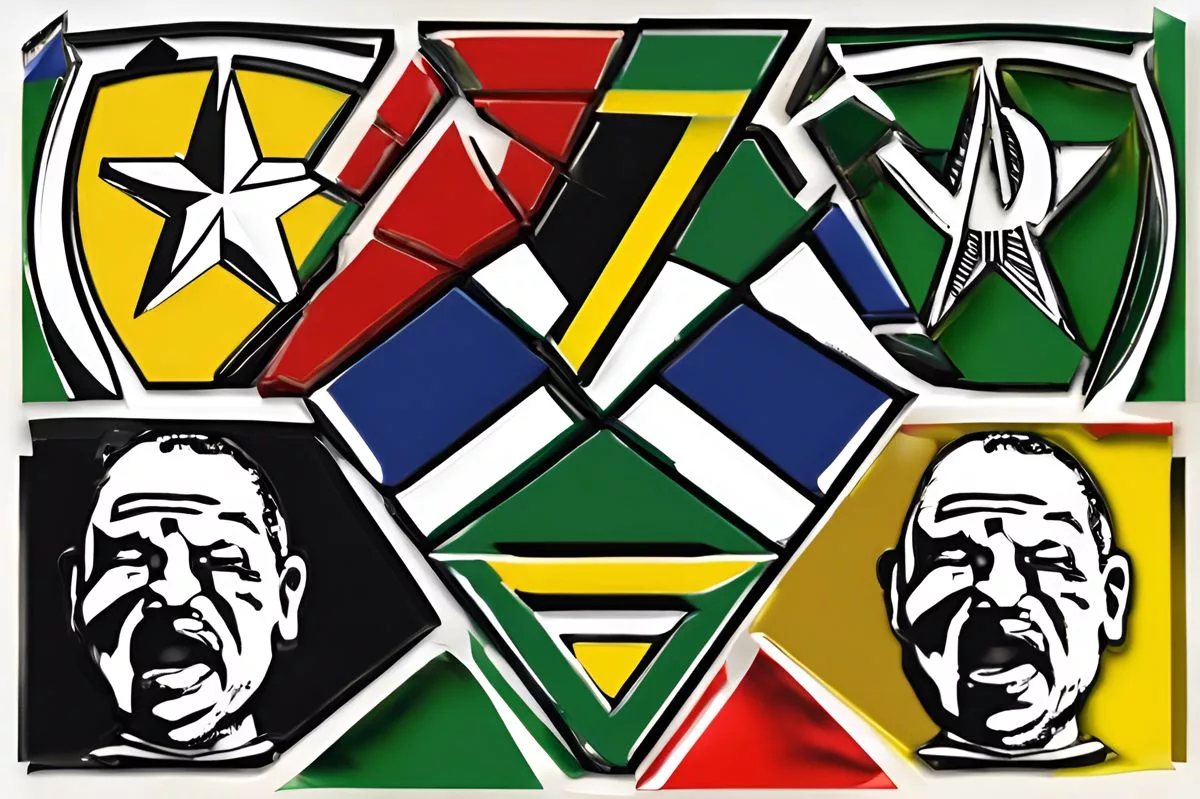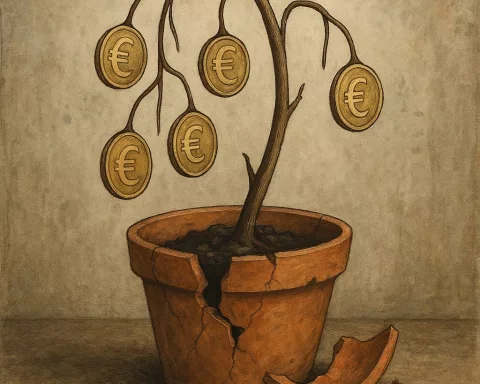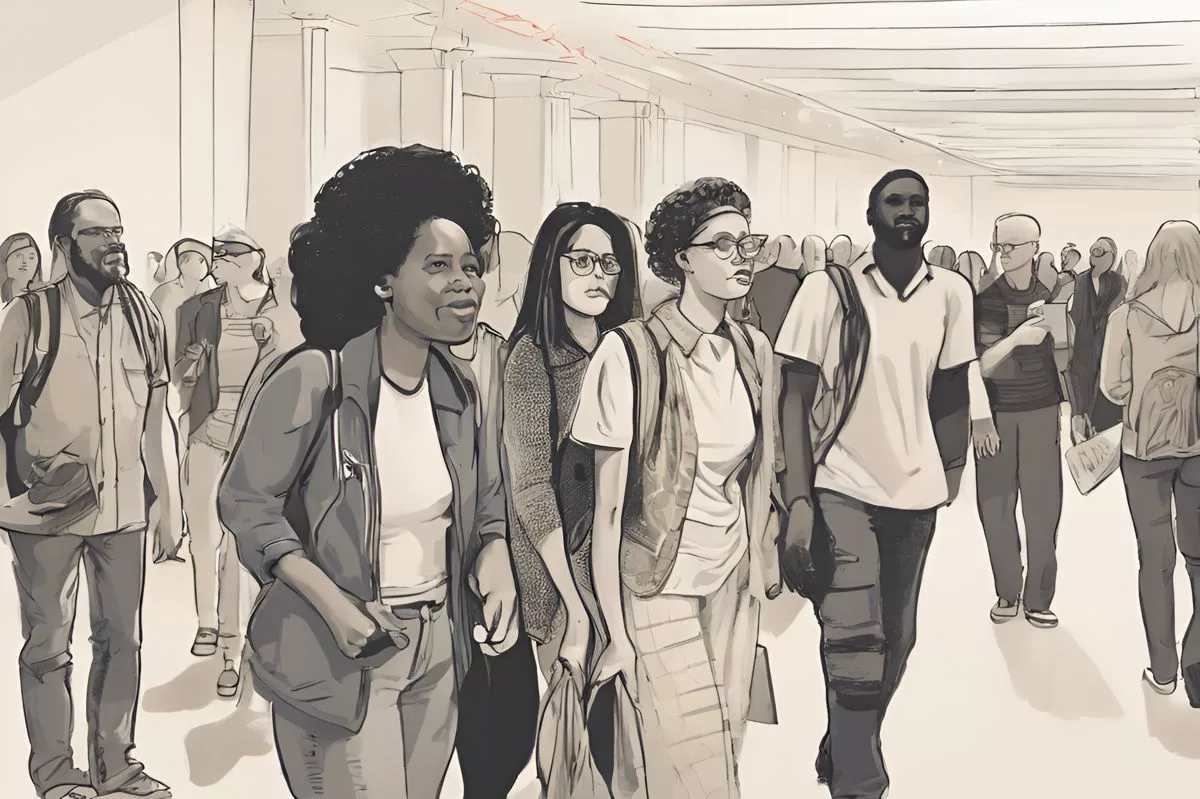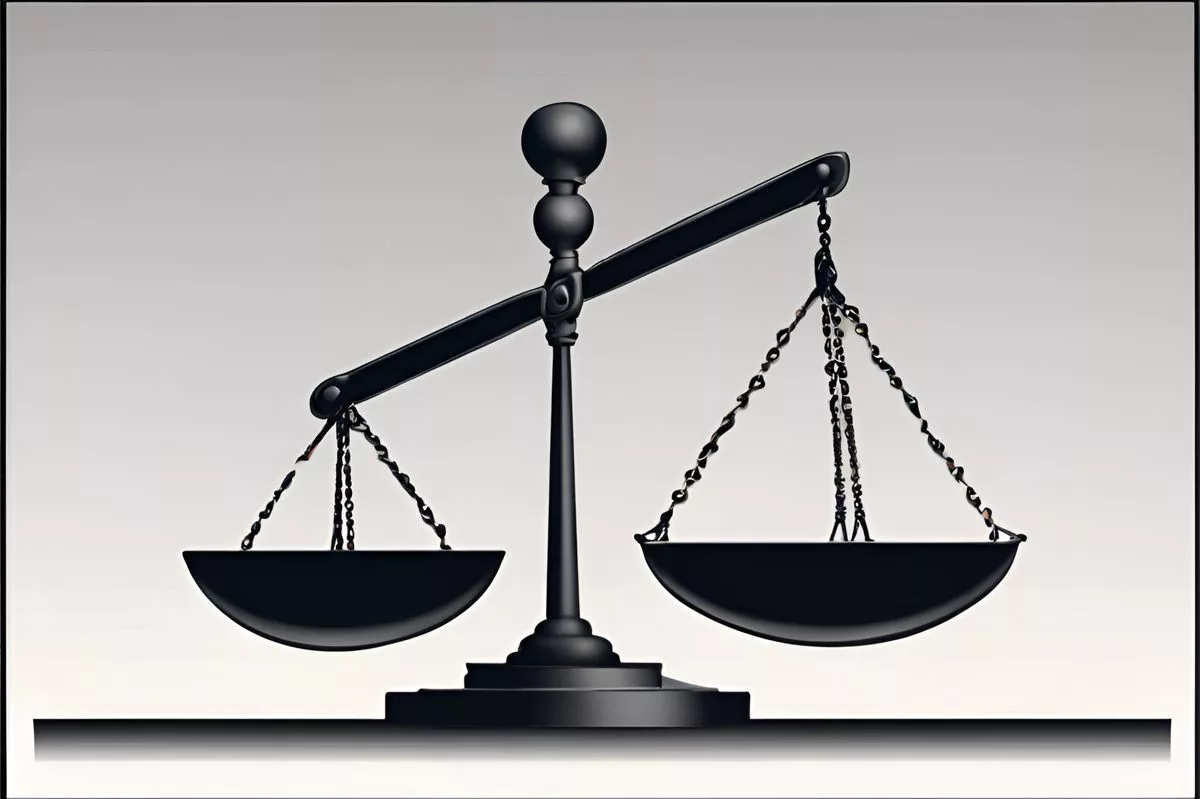Former South African President Jacob Zuma has left the African National Congress (ANC) in a surprising move. The ANC had shown unwavering support for Zuma, but his departure may have been spurred by resentment towards current President Cyril Ramaphosa and the ANC’s shift away from prioritizing his personal interests. Some political analysts have criticized the ANC’s lack of internal disciplinary action and the potential damage to the party’s reputation. Zuma’s exit marks a significant moment in South Africa’s political history.
Former President Jacob Zuma has left his long-standing political home, the African National Congress (ANC), in a surprise move. The party had shown relentless support to Zuma even after the 2022 elections. However, Zuma’s exit from the ANC may have been spurred by his resentment towards the current South African President, Cyril Ramaphosa, and his realization that the ANC was becoming less keen on prioritizing his personal interests. Zuma’s departure raises questions about the ANC’s internal disciplinary procedures and its capability to manage its public reputation.
Section 1: A Surprise Announcement
The political panorama in South Africa was recently jolted by the surprising disclosure that former President Jacob Zuma has severed ties with his long-standing political home, the African National Congress (ANC). ANC KwaZulu-Natal (KZN) provincial secretary Bheki Mtolo broke this news in an interview on SAFM radio, making it clear that the ANC did not initiate this separation, instead, the decision was Zuma’s own.
The ANC, according to Mtolo, has shown relentless support to Zuma, even following the 2022 elections. The party’s commitment to its former leader exceeded all expectations. However, the implications of Zuma’s separation from the ANC extend beyond a mere change of party affiliation. It symbolizes a broader transformation within the party and South Africa’s political milieu.
Section 2: The Underlying Reasons
The ANC KZN Secretary also hinted that Zuma’s resolution to dissociate from the party might have been spurred by his resentment towards the current South African President, Cyril Ramaphosa. Moreover, Zuma could have realized that the ANC was becoming less keen on prioritizing his personal interests.
Zuma’s exit from the ANC did not happen in isolation. He has shown active support for the newly minted Umkhonto Wesizwe (MK Party), viewed by many as an offshoot of the ANC. Zuma’s public endorsement for this emerging political faction makes his detachment from the ANC even more conspicuous.
Section 3: Political Analysts Weigh In
Political pundits have also analyzed the repercussions of Zuma’s detachment from the ANC. Professor Ntsikelelo Breakfast opined that the ANC squandered a chance to impose disciplinary actions on their former President. Breakfast believes that Zuma’s conduct led to a public scandal for the ANC, damaging the party’s reputation.
Rather than addressing these concerns internally through disciplinary procedures, the ANC chose to deal with the crisis in the public domain. This conspicuous inability to enforce party discipline has been criticized as an unsuitable initial reaction.
Section 4: The Call for Disciplinary Measures
Dr. Fikile Vilakazi, another political commentator, echoed a similar critique of the ANC’s approach to the Zuma issue. Vilakazi maintained that various reasons warranted the ANC to suspend Zuma for his actions. By publicly slamming the party and participating in activities that tarnished the ANC’s reputation, Zuma overstepped a boundary that, in Vilakazi’s view, made him eligible for expulsion.
This argument underlines the importance of disciplinary measures in upholding party integrity. The lack of disciplinary actions against Zuma points to a significant oversight by the ANC. His exit, rather than being a regulated process, evolved into a public drama that continues to echo in the South African political sphere.
Section 5: Consequences and Significance
In conclusion, the unexpected disclosure that former president Jacob Zuma has distanced himself from the ANC has sent shockwaves through the South African political field. His departure has raised questions about the ANC’s internal disciplinary procedures and its capability to manage its public reputation. The fallout of this event is yet to be fully comprehended, but it undoubtedly represents a monumental juncture in the political history of South Africa.
1. What is the recent surprising revelation about former South African President Jacob Zuma?
Former South African President Jacob Zuma has left his long-standing political home, the African National Congress (ANC), in a surprise move.
2. What might have spurred Zuma’s decision to leave the ANC?
Zuma’s resolution to dissociate from the party might have been spurred by his resentment towards the current South African President, Cyril Ramaphosa, and his realization that the ANC was becoming less keen on prioritizing his personal interests.
3. What do political analysts think of the ANC’s lack of internal disciplinary action towards Zuma?
Political analysts have criticized the ANC’s lack of internal disciplinary action against Zuma and the potential damage to the party’s reputation. The inability to enforce party discipline has been criticized as an unsuitable initial reaction.
4. Why is disciplinary action important in upholding party integrity?
Disciplinary action is essential in upholding party integrity, and the lack of disciplinary actions against Zuma points to a significant oversight by the ANC. His exit evolved into a public drama that continues to echo in the South African political sphere.
5. What are the consequences and significance of Zuma’s departure from the ANC?
Zuma’s departure marks a significant moment in South Africa’s political history and raises questions about the ANC’s internal disciplinary procedures and its capability to manage its public reputation.
6. What is the significance of Zuma’s endorsement of the newly minted Umkhonto Wesizwe?
Zuma’s public endorsement for the emerging political faction, Umkhonto Wesizwe, makes his detachment from the ANC even more conspicuous.












